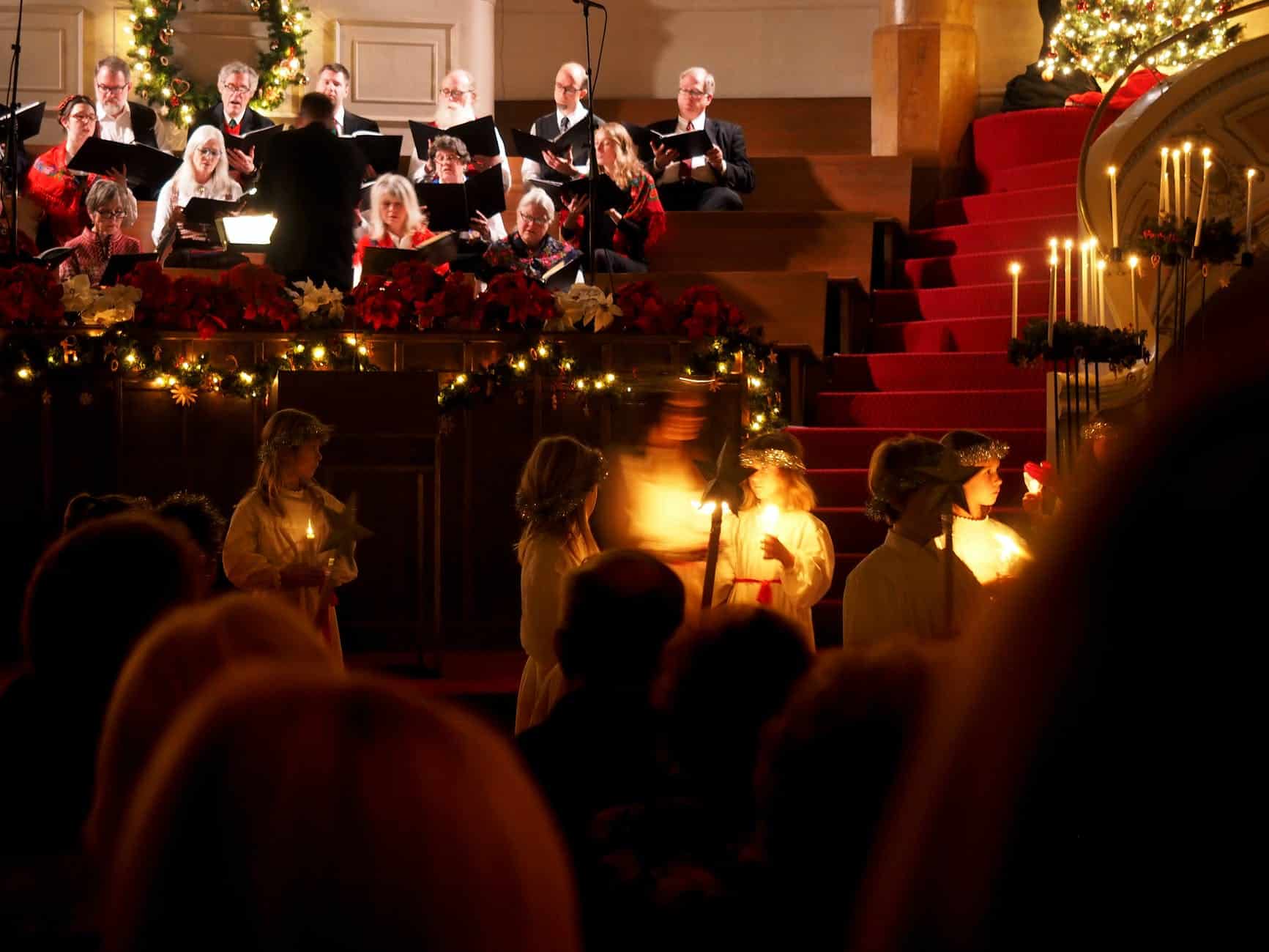As a teenager, I remember learning that people who go to church regularly live longer. I understood at the time that it was a case of correlation, not causation. The explanation I understood at the time was not that God kept you alive, but rather, that the people who go to church were demographically associated with less risky behaviour. After all, it is easy to imagine that church-goers are less likely to overdose on drugs, less likely to suicide, and less likely to engage in various other risky behaviours than the broader population.
New research, however, is strongly suggestive that there is, in fact, correlation:
Research reveals that people who believe their existence has meaning have lower levels of the stress hormone cortisol and more favorable gene expression related to inflammation. If a 90-year-old with a clear purpose in life develops Alzheimer’s disease, that person will probably keep functioning relatively well despite real pathological changes in the brain, one study found. Another meta-analysis of 10 studies involving more than 136,000 people found that having purpose in life can lower your mortality risk by about 17 percent — about as much as following the famed Mediterranean diet.
Boosting our sense of meaning in life is an often overlooked longevity ingredient
Of course, it is not just the physical attendance in a place of worship that helps. But rather, the value of religion is in having a strong sense of purpose in life, having a community of support, and the consequential improvements to social capital.

